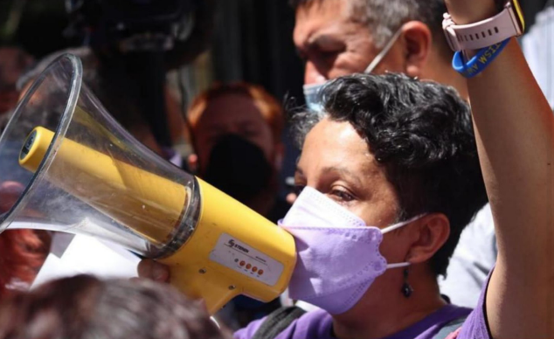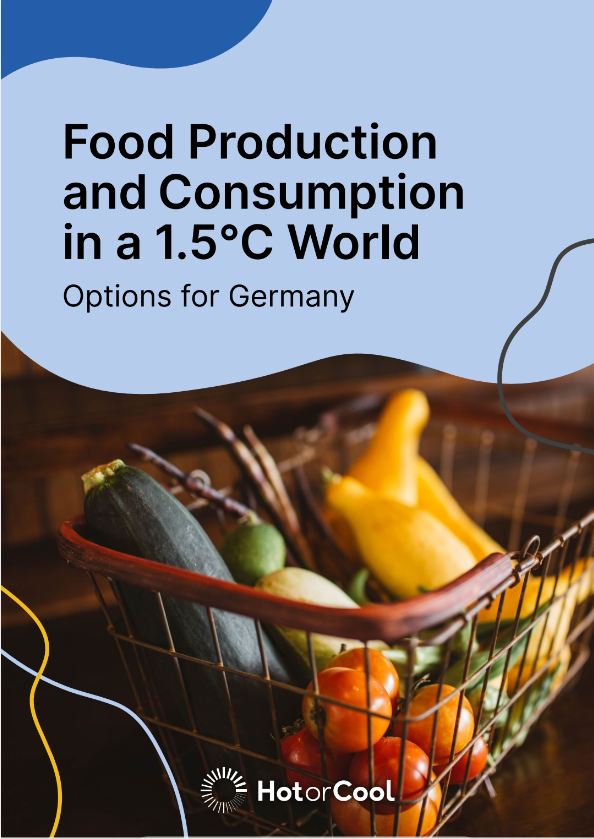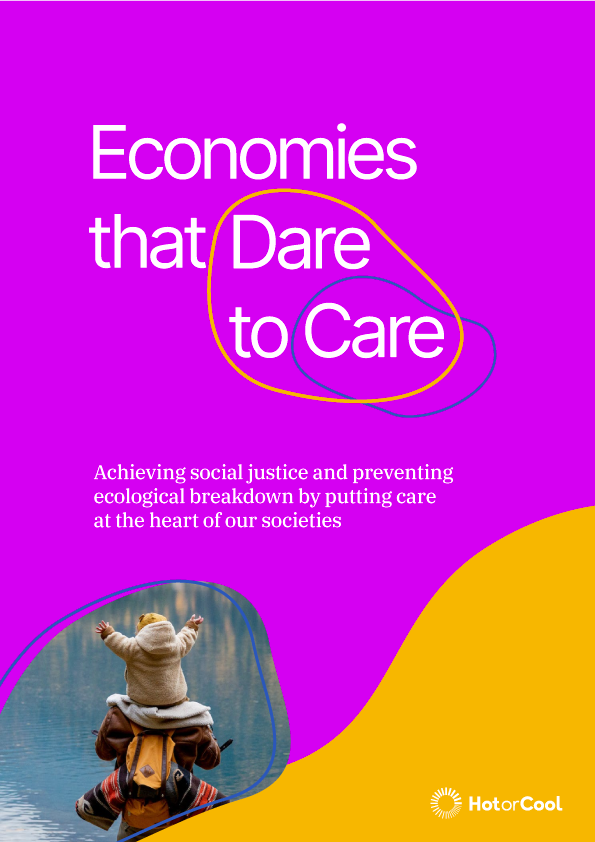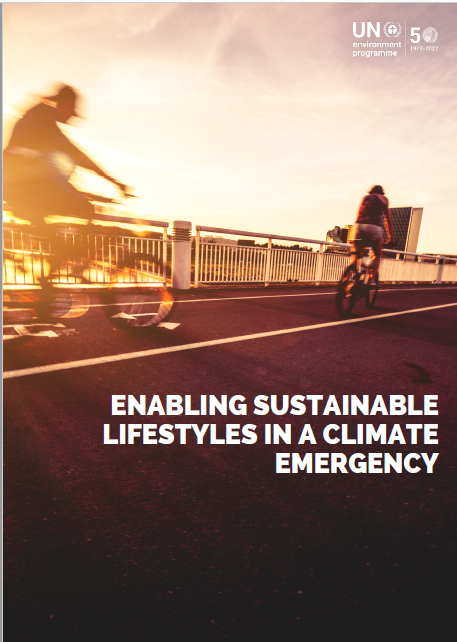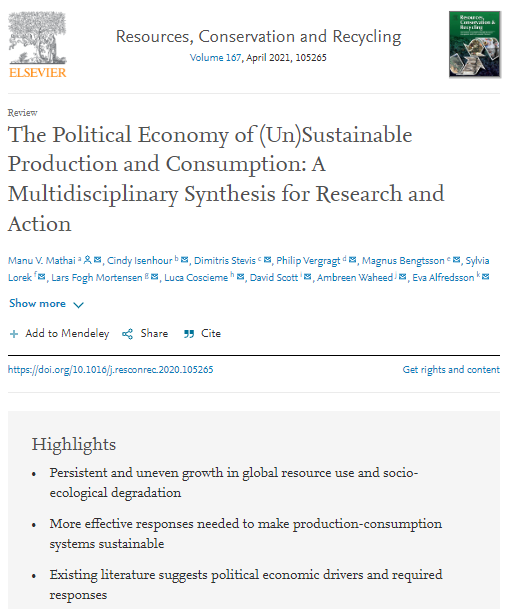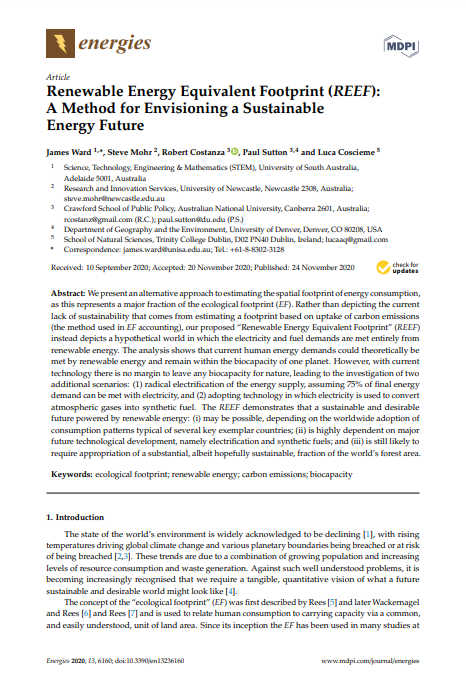Resources
Category
Category
Select some options
Tags
Tags
Select some options
Format
Format
Select some options
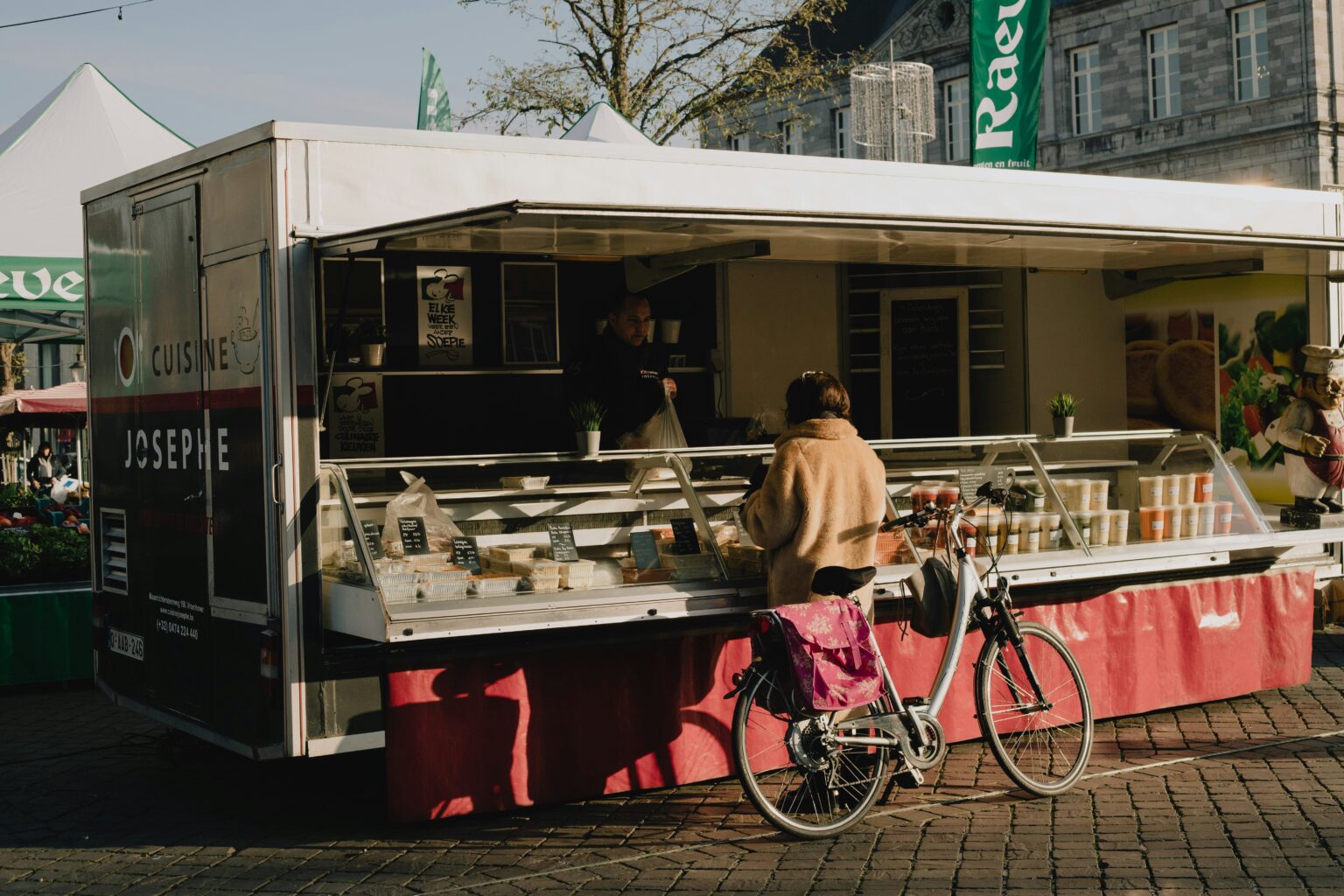
PDF
Other
Are you acknowledging excess levels of material consumption as a driver of climate change and biodiversity loss? Are you considering being bolder in naming the problems associated with this, and more strategic in mobilising grants programmes in response. These are just a few of the questions we would like to ask fellow funders. The hope is this survey will help us take the pulse of the environment

PDF
Other
The world is not on course to achieve the Sustainable Development Goals (SDGs) by 2030. Of 36 targets reviewed in the 2023 UN Global Sustainable Development Report (GSDR), “only 2 are on track to be achieved, while progress on eight is deteriorating”. Since the setting of the goals in 2015 by the international community, “implementation was too slow, and even regressing in some areas like climate
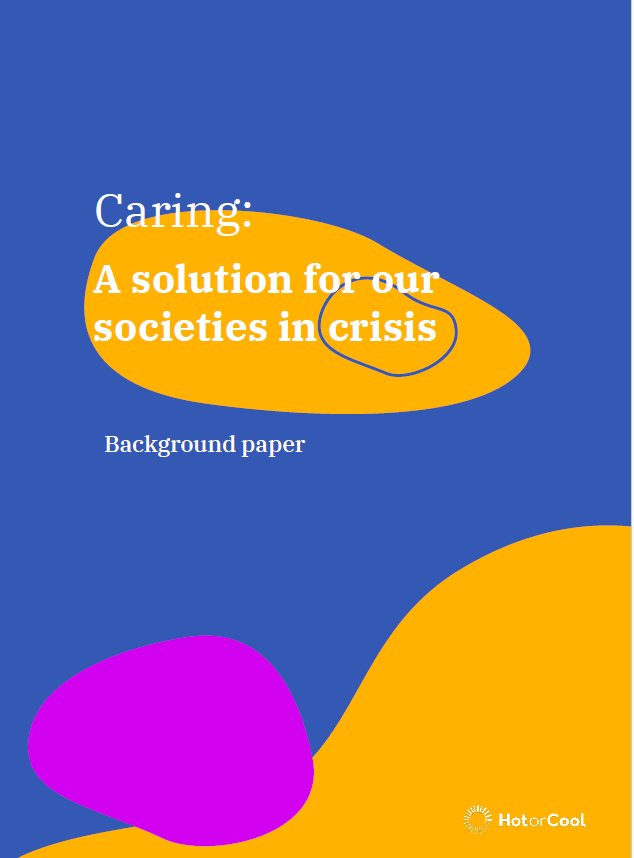
PDF
Report
The paper establishes the basis for understanding the inter-related nature of the multiple crises that human societies confront today, from climate change to growing social inequality. To address rising global complexity, the authors advocate for holistic approaches that generally are not adequately recognised among diverse communities that are busy perceiving these crises from their own specific

PDF
Think Piece
The Think Piece series publishes short, policy-relevant contributions on ideas that are not yet widely explored, intended to push the frontier of policymaking and inform public discussion on emerging perspectives on sustainability transition. In this instalment by Anna Coote, Principal Fellow at the New Economics Foundation (NEF), we take a closer look at Universal basic services (UBS).

PDF
Think Piece
This first instalment in the Hot or Cool Think Piece series shows that climate disruption and biodiversity collapse are two symptoms of the environmental crisis caused by ever-growing resource consumption. Multiple overshoots of Earth’s planetary boundaries have pushed our natural systems close to or even beyond critical tipping points.
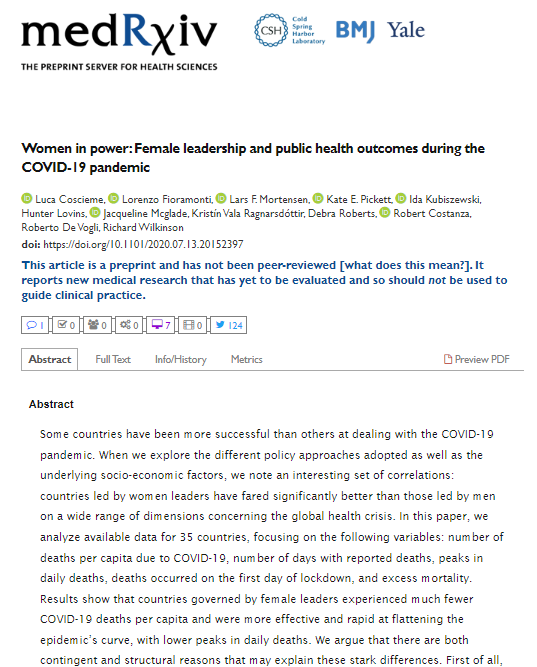
Web Page
Academic Journals
Some countries have been more successful than others at dealing with the COVID-19 pandemic. When we explore the different policy approaches adopted as well as the underlying socio-economic factors, we note an interesting set of correlations: countries led by women leaders have fared significantly better than those led by men on a wide range of dimensions concerning the global health crisis.

Web Page
Academic Journals
The concept of ‘wellbeing economy’ (WE), that is, an economy that pursues human and ecological wellbeing instead of material growth, is gaining support amongst policymakers, business, and civil society. Over the past couple of years, several national governments have adopted the WE as their guiding framework to design development policies and assess social and economic progress.

Web Page
Academic Journals
This paper presents an approach for assessing lifestyle carbon footprints and lifestyle change options aimed at achieving the 1.5 °C climate goal and facilitating the transition to decarbonized lifestyles through stakeholder participatory research. Using data on Finland and Japan it shows the potential impacts of reducing carbon footprints through changes in lifestyles.

PDF
Policy Brief
The concept of 1.5-degree lifestyles involves changes in household consumption for achieving levels of per person carbon footprint compatible with the 1.5°C target of the Paris Agreement (IPCC, 2018). This policy brief shares findings from the project implementation in the six cities involved, including policy recommendations for enabling 1.5-degree lifestyles.
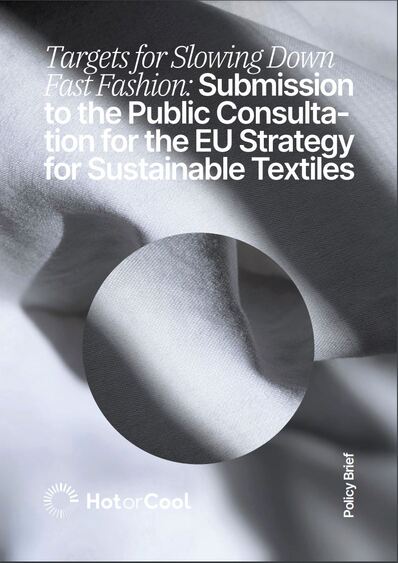
PDF
Policy Brief
In recent years, the fast fashion industry has emerged as one of the most polluting worldwide, contributing between 4 and 10 per cent of global CO2 emissions along its value chains, and generating wide environmental and social negative impacts, including microplastic release, water pollution, and unsafe working conditions.
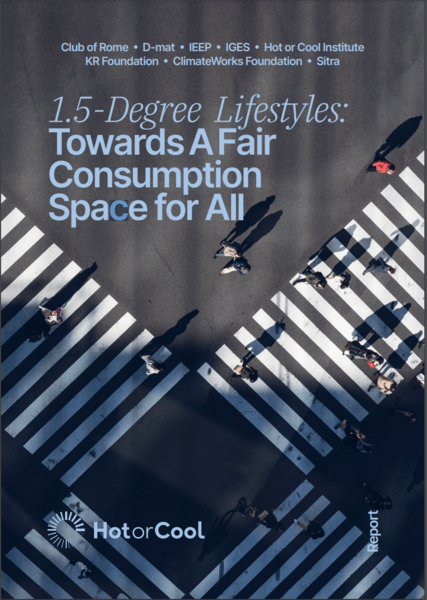
PDF
Report
In a world with a limited and fast-shrinking global carbon budget, coupled with vast inequalities, how do we allocate the remaining carbon allowance in a manner that is fair while drastically decreasing our footprints within a limited time frame to avoid irreversible ecological damage? The 1.5-Degree Lifestyles: Towards A Fair Consumption Space for All, addresses this question head-on.

